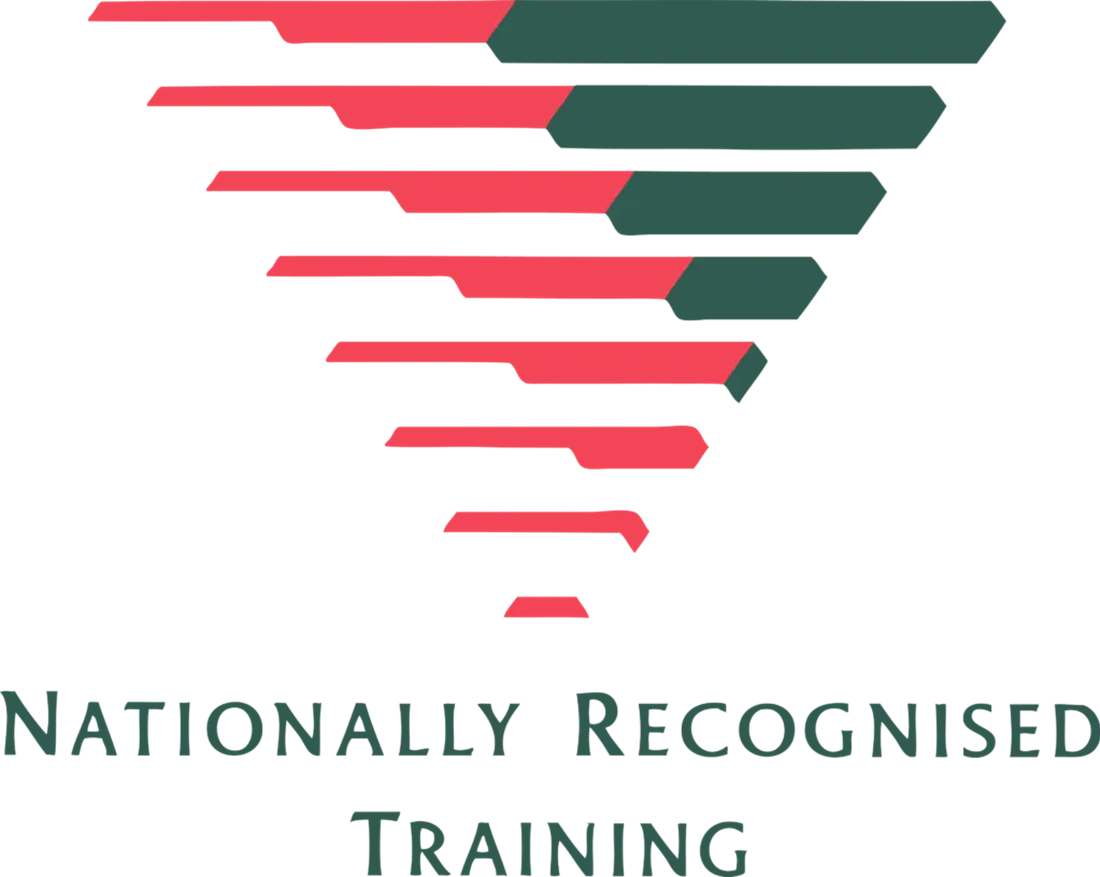Telephone Crisis Support volunteers
Did you know Lifeline's 13 11 14 service receives around 3,000 calls a day? That's over a million calls for help each year. If you're a good listener, compassionate, self-aware and non-judgemental, our training will give you the skills to save lives too.

